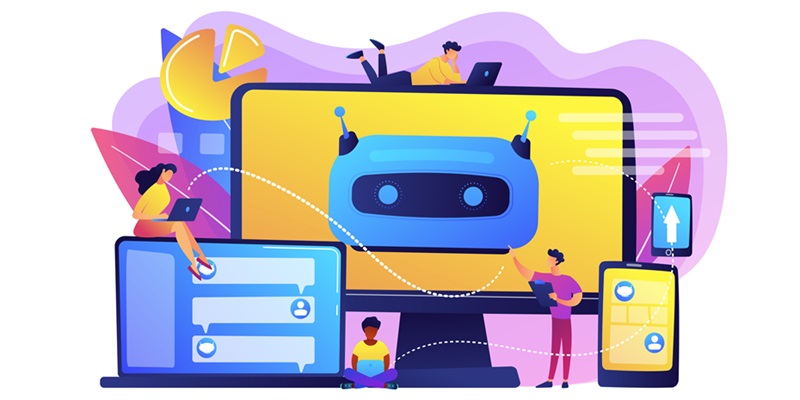In today’s crowded digital marketplace, companies are no longer relying on broad, unfocused marketing strategies. Instead, they’re leveraging artificial intelligence (AI) to zero in on potential customers with extraordinary precision. This spearheaded approach, fuelled by AI’s aptitude for analysis, is forging a new era where personalized marketing can be delivered on a large scale. AI-driven tactics are not just about understanding current consumer behaviours, they enable businesses to foresee and adapt to market changes proactively. By using predictive modelling, businesses can prepare for future trends, giving them a decisive competitive advantage. As AI continues to evolve, its role in crafting targeted, data-driven marketing strategies is becoming indispensable for businesses seeking to stay ahead in a complex and ever-shifting consumer landscape.
Personalization at Its Core
AI’s Role in Crafting Unique Consumer Experiences
AI has ushered in an era where each marketing message can be tailored to the nth degree of an individual’s preferences. By harnessing vast datasets, artificial intelligence algorithms can pinpoint consumer habits, preferences, and even predict future behaviours with startling accuracy. This allows for marketing campaigns to be highly personalized, leading to more effective audience engagement. When messages resonate on a personal level, they are more likely to inspire action, and AI is the key to unlocking this level of customization.
Traditional marketing often relied on demographic data such as age, gender, or location to segment audiences. However, these broad categories can miss the nuanced preferences of individual consumers. AI, on the other hand, can evaluate numerous data points from past purchasing history to social media activity, creating a multidimensional consumer profile that informs more effective targeting techniques.
Ensuring Relevant and Timely Customer Interactions
The depth of AI’s analysis means that marketing efforts are no longer shackled by the limitations of broad demographic targeting. Instead, marketers can now identify and react to niches within the market with offerings that are specifically designed to meet the unique requirements of these segments. AI’s ability to track and analyze user interactions across multiple channels and points in time means that the timing of these interactions can also be optimized for maximum impact.
Moreover, the relevance of campaigns is greatly enhanced by AI’s predictive capabilities. By analyzing existing trends and extracting patterns, AI-powered marketing can anticipate the needs and wants of consumers. This foresight allows brands to align their marketing messages with consumer expectations, thus not only satisfying current demand but also shaping and leading market tendencies.
Predictive Analytics and Adaptability
Forecasting with AI-Driven Insights
AI targeting is made even more potent by its predictive analytics feature, which models consumer trends and behaviors with an eye towards the future. This proactive approach ensures that businesses aren’t just reacting to changes in market conditions but are staying ahead of the curve. By integrating predictive analytics, marketers can adjust their strategies in real time, ensuring that marketing campaigns are always aligned with the latest consumer attitudes and market phenomena.
Predicting the next big trend in consumer behaviour is akin to having a crystal ball. But in the world of AI-powered marketing, predictive analytics is the closest thing to clairvoyance. By identifying patterns and predicting future actions based on historical data, AI allows businesses to anticipate customer needs and craft campaigns that will reach the audience at the right moment in their decision-making process.
Navigating Market Evolution with AI
The ability to adjust marketing strategies in response to evolving market insights is invaluable, and AI targeting provides just that level of adaptability. The landscape of consumer behaviours is continually shifting, influenced by new technologies, cultural trends, and global events. AI’s predictive analytics offers a dynamic toolkit for understanding and leveraging these changes.
Having the capability to sense shifts in consumer sentiment and industry direction confers a significant competitive advantage. AI’s analysis extends beyond mere transactional data; it can interpret unstructured data from social media, news trends, and other sources to provide a holistic view that allows for rapid and informed decision-making. By capitalizing on AI’s insights, businesses can retool their marketing strategies quickly and adeptly, staying relevant and ahead of their competitors.

